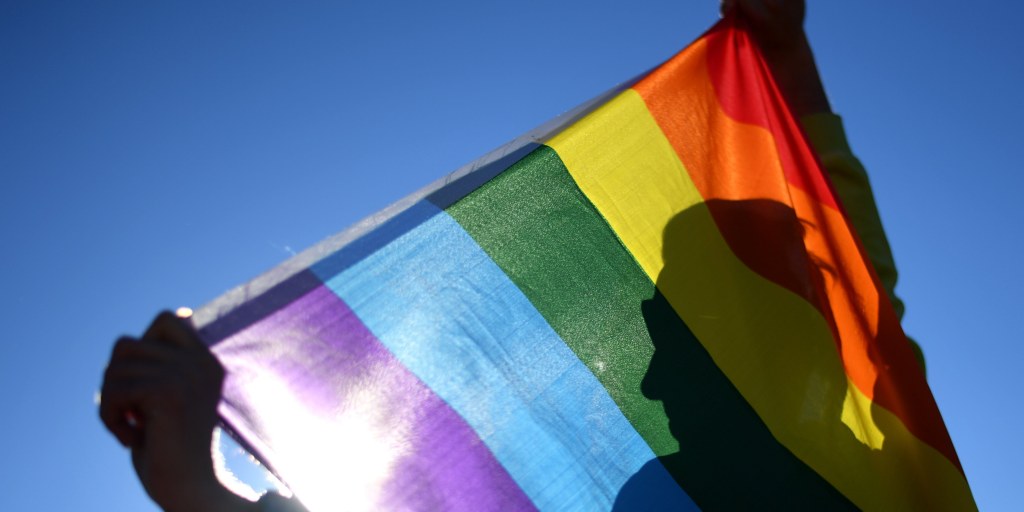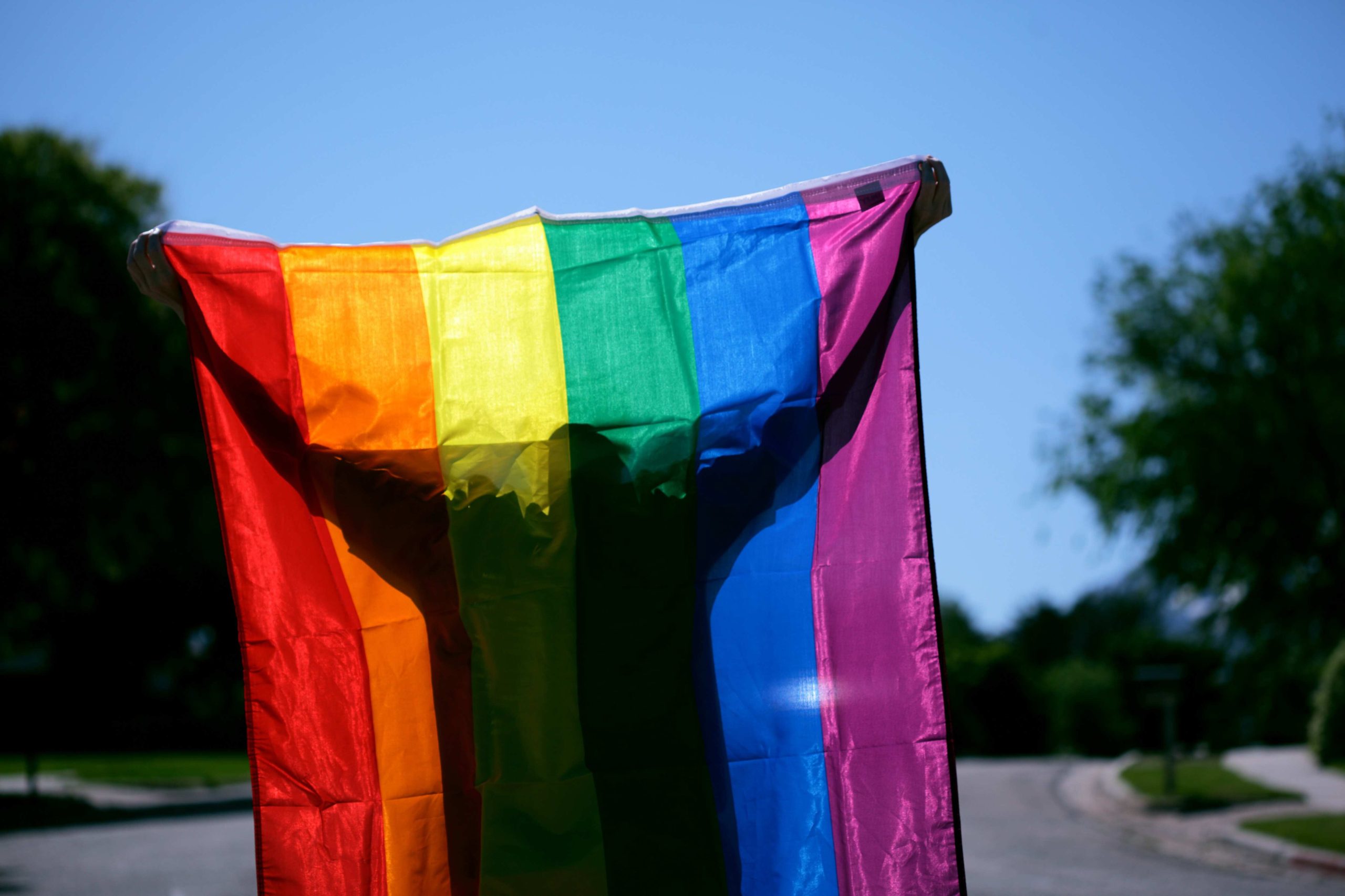In a significant move towards equality and justice, the Canadian government has taken steps to expunge historic laws that targeted women and members of the LGBTQ community. These laws, which had restricted access to abortion and limited the rights of queer individuals, have been repealed to promote inclusivity and safeguard the freedoms of all Canadians.
Repealing Discriminatory Laws
On March 7, the Canadian government announced the expungement of laws related to indecency and anti-abortion. These laws targeted women and LGBTQ individuals, affecting their access to essential services and safe spaces. The repeal acknowledges the historical and systemic discrimination faced by many Canadians and seeks to rectify past injustices.
Canada’s Minister for Public Safety, Marco Mendicino, emphasized the significance of these decisions, stating, “Today’s additions of abortion-related, bawdy house and indecency-based offences to the Expungement of Historically Unjust Convictions Act represent yet another important and necessary step towards righting historical and systemic discrimination faced by many Canadians” (Cision).
The Women and Gender Equality and Youth Minister, Marci Ien, echoed this sentiment, affirming the government’s commitment to non-discriminatory policies that prioritize safety. Ien stated, “This is another crucial step in achieving the goals set out in the Federal 2SLGBTQI+ Action Plan – by continuing to promote human rights and encourage the development of inclusive federal policies, programs, and laws” (Cision).
Expungement Process and Eligibility
The Expungement of Historically Unjust Convictions Act, which came into effect in 2018, allows individuals with previous convictions to apply for an expungement order free of charge. This order enables the permanent destruction of historically unjust records of conviction, offering a fresh start to those affected by discriminatory laws.
To apply for an expungement order, applicants must provide evidence that their conviction meets specific criteria. In cases where court and police records are unavailable due to the historical nature of the offences, sworn statements or solemn declarations may be accepted as evidence. If the person convicted is deceased, a representative such as a family member or trustee can apply on their behalf.
Advancing Human Rights and Inclusivity
The Canadian government’s decision to repeal these discriminatory laws aligns with its commitment to human rights and inclusivity. By removing barriers and rectifying historical injustices, Canada aims to create an environment that is fair and equal for all its citizens.
This progressive step is part of the Federal 2SLGBTQI+ Action Plan, which strives to promote the rights and well-being of the LGBTQ community. Recognizing that past laws and regulations compromised the freedoms of 2SLGBTQI+ communities and women, the government aims to develop inclusive federal policies, programs, and laws that protect and empower all Canadians.

Applying for Expungement
Applying for an expungement order is a straightforward process that allows individuals to seek justice and erase the impact of unjust convictions. The Expungement of Historically Unjust Convictions Act ensures that there is no fee associated with the application.
To initiate the expungement process, applicants must gather the necessary evidence to demonstrate that their conviction falls within the criteria outlined by the Act. While court and police records are typically required, individuals can provide sworn statements or solemn declarations if these records are unavailable due to the historical nature of the offences.
Impact and Implications
The expungement of historic laws targeting women and the LGBTQ community holds immense significance for those affected by these discriminatory measures. It provides an opportunity for individuals to move forward without the burden of a wrongful conviction, fostering a more inclusive and just society.
By removing barriers to services such as abortion and recognizing the importance of safe spaces for queer communities, Canada aims to create an environment that respects and upholds the rights of all its citizens. This progressive step not only rectifies past injustices but also sets a precedent for other nations to prioritize equality and inclusivity.
The repeal of these laws sends a powerful message – discrimination based on gender or sexual orientation has no place in Canadian society. It reaffirms the country’s commitment to human rights and paves the way for a future where all individuals are treated with dignity and respect.

Conclusion
The expungement of historic laws targeting women and the LGBTQ community in Canada marks a significant milestone in the pursuit of equality and justice. By repealing these discriminatory measures, the government acknowledges the historical and systemic discrimination faced by many Canadians.
The Expungement of Historically Unjust Convictions Act provides individuals with the opportunity to apply for an expungement order, permanently erasing the impact of unjust convictions. This step towards inclusivity and human rights sets a precedent for other nations and sends a powerful message that discrimination has no place in society.
Canada’s commitment to promoting equality and creating an environment that respects the rights of all its citizens is commendable. By taking these crucial steps, Canada strives to build a future where everyone can live free from discrimination and prejudice.
